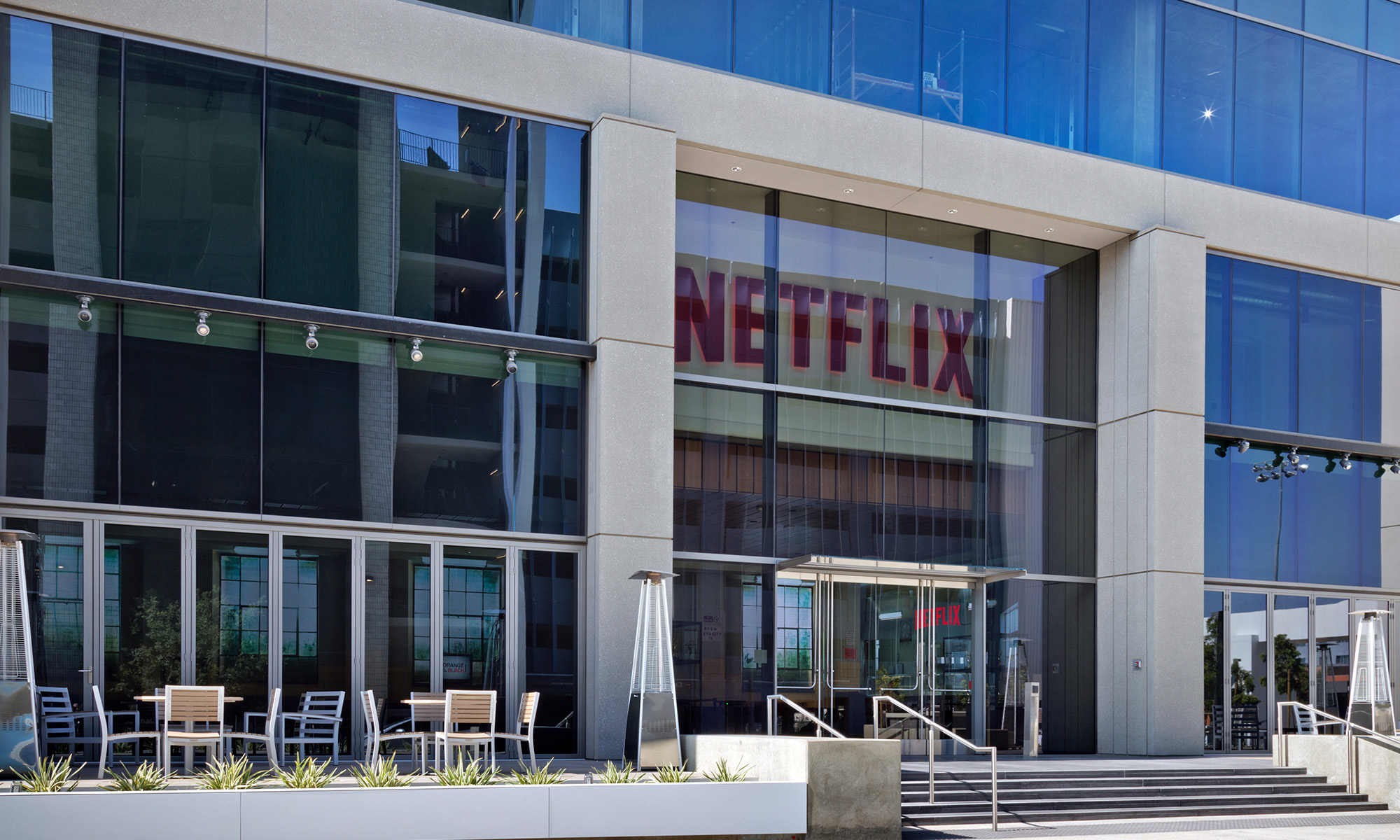
Image source: Netflix.
Netflix (NFLX 2.75%) stock made historical highs by rising above $130 in November 2015. But the stock is materially down since then -- Netflix has declined to nearly $100 per share due to growing concerns about decelerating user growth and increasing competitive pressure in online streaming.
Competition is increasing
Netflix is the pioneer in the online TV industry, and the company has enjoyed tremendous success in the past several years by capitalizing on its leadership position in a growing market. But competition is increasing from multiple fronts lately, and Netflix is reporting decelerating growth.
Amazon.com (AMZN 2.68%) is a particularly relevant threat. The company offers its Amazon Prime program for a competitively low price of $99 per year, this includes not only a valuable library of online video titles, but also free shipping of a wide variety of Amazon products, music streaming, access to the Kindle Owners Lending Library, and exclusive discounts for Prime members, among other benefits. Amazon doesn't disclose how much money it spends on video content, but the company says it's planning to double its investments in content during the second half of 2016 versus the same period in 2015.
Amazon is just one particularly noteworthy example; not only is Netflix facing growing competition from pure online players like Hulu and YouTube Red, but traditional cable operators are also broadening their online presence and reducing subscription prices.
Making things worse, the increase in industry competition comes at a time when Netflix is also delivering disappointing growth. The company gained 1.7 million new members during the second quarter of 2016, materially below management's own guidance for 2.5 million member additions in the quarter. For the third quarter of 2016, the company is expecting 2.3 million new members versus 3.6 million additions in the same period last year.
This can be interpreted as a big red flag for investors in Netflix. If the company is losing ground versus the competition, then things could continue deteriorating over the coming years, since everything indicates the online streaming industry will attract plenty of competition.
Why Netflix management is not worried about the competition
Netflix management believes that investors could be overreacting to the competitive threat in the industry. Netflix doesn't necessarily compete just against other online TV options, or even traditional linear TV operators. The way the company sees it, Netflix is ultimately competing for consumers' attention when it comes to entertainment time.
According to Netflix CFO David Wells, during the Goldman Sachs 25th Annual Communacopia Conference Call:
We generally think of competition sort of more broadly for your entertainment time. So when you sit down at the end of the evening after working and you've got some time to yourself, there is a lot of things that you could do. You could read a book. You could play a video game. You could read a newspaper or magazine. You could watch any number of things on TV and choose any number of services to do that.
So we think very broadly across that spectrum and we know that if you flip on the Netflix app that we've got just a few seconds to engage you, try to grab your attention, try to get you to watch something.
This is an important distinction, since the company's point of view implies that the market opportunity should be big enough for multiple players to do well over time, so increasing competition shouldn't necessarily derail Netflix from its long-term growth trajectory.
Besides, Netflix is increasingly betting on original productions to differentiate its library from other industry alternatives. Netflix is planning to bring its context mix to 50/50 when it comes to original and exclusive productions versus licensed content. This should be a major advantage when it comes to protecting the business from the competition.
The main point is that Netflix doesn't need to be the only successful player in the industry in order to continue growing. As long as the customer proposition is strong enough, even if customers subscribe to multiple streaming services at the same time, Netflix should be able to continue producing attractive growth rates for investors over the coming years.
About that slowdown in growth
Regarding the disappointing growth figures that the company reported in the second quarter, management attributes this to the fact that Netflix is "ungrandfathering" subscribers in the U.S., meaning that the company is implementing a price increase for long-tenured customers, which was already announced for new members two years ago. Management believes the slowdown in growth is due to this ungrandfathering, and not to growing competitive pressure in the industry.
From the company's most recent letter to shareholders:
As Internet TV rises in popularity, so do the SVOD offerings. In the US, for example, CBS All Access, Seeso, Amazon Prime Video, Hulu, YouTube Red, and many others are all growing. Our view, however, is that we are all growing primarily against linear TV hours and that competition did not contribute materially to our miss in Q2. First, increased competition would show up mostly in soft gross additions rather than churn. Second, we experienced a similar uptick in churn in early April in Canada, where there has been no recent increase in SVOD competition but where ungrandfathering is also under way.
This year's third quarter should also be particularly challenging for Netflix due the continued impact from pricing ungrandfathering and the Summer Olympics during August. This arguably explains the modest guidance numbers for the third quarter.
However, if management is right, the recent slowdown in growth should be temporary as opposed to a permanent phenomenon, so the short-term dip in Netflix stock could be a buying opportunity for investors.
Netflix management is an invested party in this discussion, so investors need to take these comments with a grain of salt and make their own independent assessment of the situation at Netflix, considering not only opinions but also the facts. That being said, there are strong reasons to believe Netflix still has abundant room for growth over the long term.







